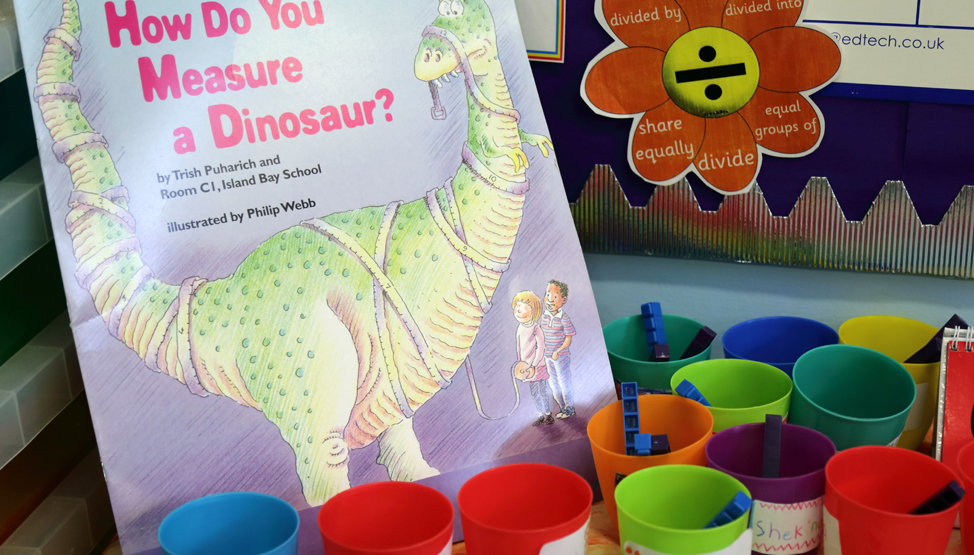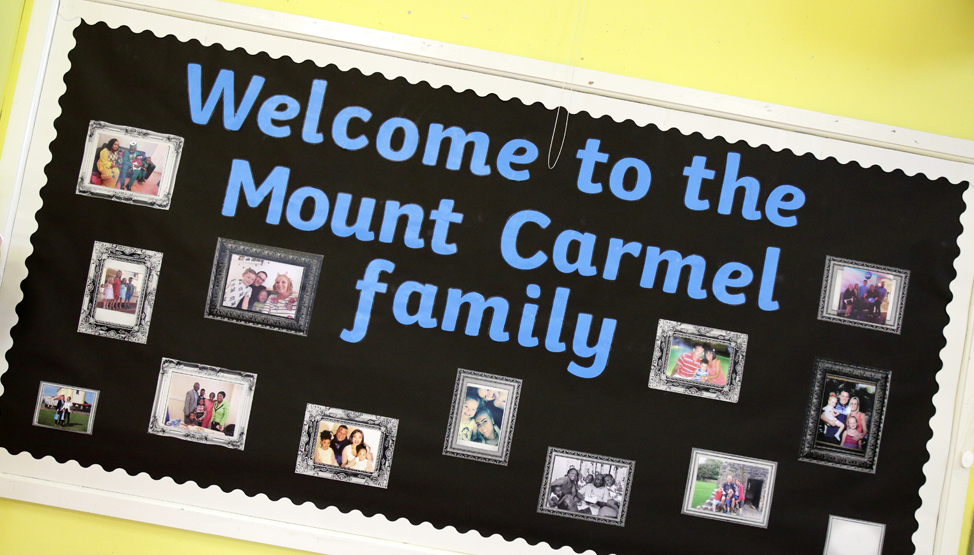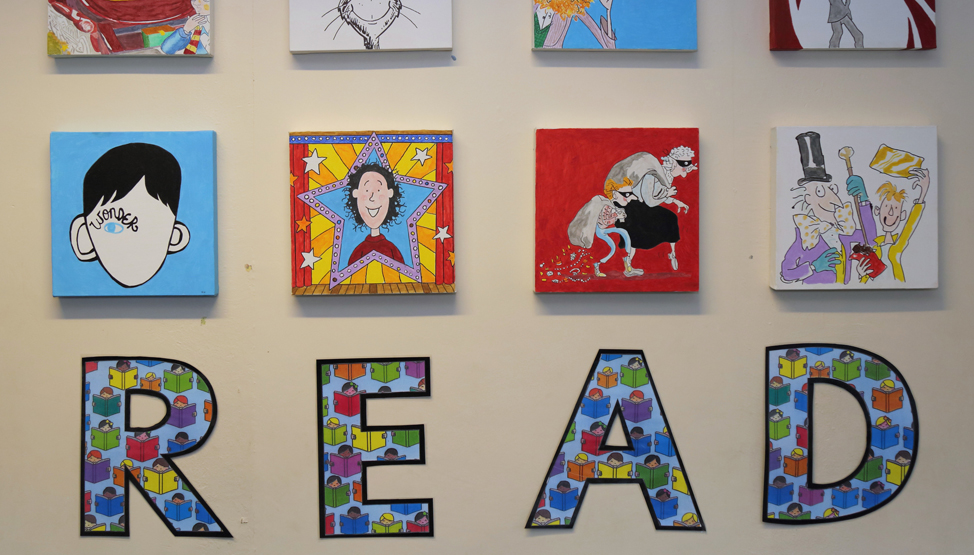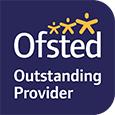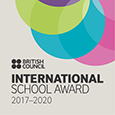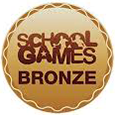Science

Science Curriculum Statement 2024 - 2025
At Mount Carmel, we believe that the foundations for understanding and exploring the world are underpinned by outstanding science education at primary school level.
Intent
The intent of Mount Carmel’s primary science curriculum is to ensure that all children develop a sense of excitement and curiosity about the world around them. We aim to equip them with the necessary science skills to help them understand the world and recognise the importance of science in the welfare of our future. The schemes of work in each year group have been written to ensure full coverage of the national curriculum and to promote a range of working scientifically skills, including questioning, researching and observing. We encourage our children to understand how science can be used to explain what is happening in each scientific investigation, predict how things will behave, and analyse causes. Scientific language is taught and then built upon as topics are revisited in different year groups and across key stages. It is our intent to encourage children to develop their scientific vocabulary, whilst learning to articulate scientific concepts clearly and precisely. We want to ensure that our children develop a secure understanding of each key block of knowledge and concepts in order to progress confidently to the next stage. SEND pupils access the full science curriculum with modifications made in certain circumstances. More able pupils are encouraged to respond to enquiry questions in greater depth using various sources to support.
Implementation
Enrichment
One week per academic year is dedicated solely to British Science Week. During this week, lessons are planned with a focus upon fun, practical activities. The children focus on the theme for Science Week and learn about science through fascinating, entertaining and engaging activities and events across the school. Visitors from outside agencies are invited to come into school to work with the children and whole school trips are organised with a science focus to stimulate hands on learning in an engaging environment.
Early Years Foundation Stage
There are seven areas of learning within the Early Years Foundation Stage. Scientific investigation and talking about discoveries are a priority. Within the area of learning ‘Understanding the world’ pupils work through objectives learning how to look after their environment. Pupils also learn how to look after themselves, eat healthy and stay safe. Most of the science themes in the Foundation Stage are taught through a book for example the life cycle of a butterfly with ‘The Very Hungry Caterpillar’.
Key Stage 1
Science is taught through the National Curriculum. Cross-curricular links are made and learning about science is through practical activities. Children are encouraged to develop their own scientific ideas by forming their own questions, observing changes over time, grouping and classifying things and carrying out simple tests. Children are encouraged to be curious and ask questions about what they notice. The children are encouraged to begin to use scientific language to talk about what they have found.
Key Stage 2
Science is taught through the National Curriculum. The main teaching focus of science in Key Stage 2 is to provide pupils with a platform to broaden their scientific view of the world around them. This in turn enables them to design their own investigations, ask questions about what they observe and select the most appropriate method to answer these questions. Children are also encouraged to use scientific vocabulary in order to talk and write confidently about what they have discovered. This facilitates greater depth of learning and development of scientific skills.
Impact
Children will become enthusiastic learners with a secure understanding of all areas of the science curriculum. Due to an enriched curriculum, delivered by confident teachers through engaging and inspiring lessons, children will acquire the skills needed to think and act like a scientist.
The Mount Carmel science curriculum will continually develop through relevant CPD, building upon the school’s current science curriculum and using assessment to influence planning and teaching. Children attending the school will understand the importance of science, confidently develop their own scientific questions and, as a result, enthusiastically investigate science.

Working Scientifically
In addition to topics covered, a large part of the national curriculum for science is working scientifically. This means equipping children with the skills needed for scientific enquiry, for example, thinking logically, questioning, planning/carrying out investigations and drawing conclusions. Included in this area of learning are the following five strands:
Observing over time
Pattern Seeking
Identifying, Classifying and Grouping
Comparative and Fair Testing (controlled investigations)
Researching using secondary sources
Please click on the link for examples of the types of questions we use in school to enable children to develop these skills.
Science Subject Lead, Miss L. Hegarty.

